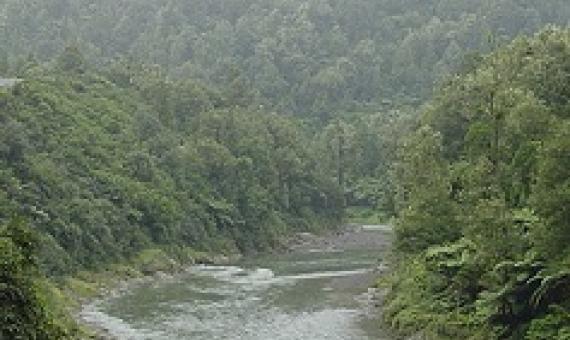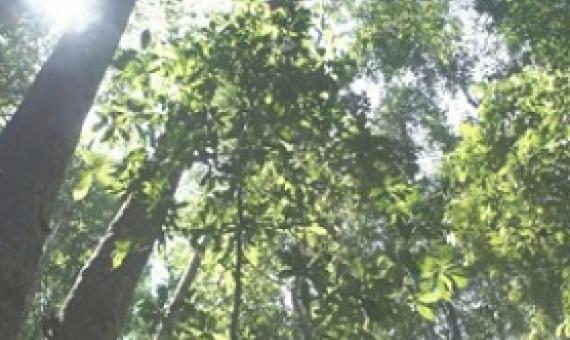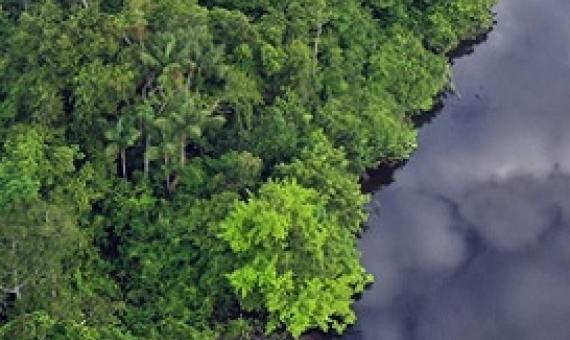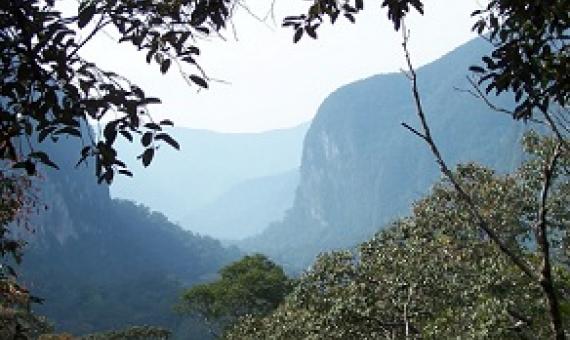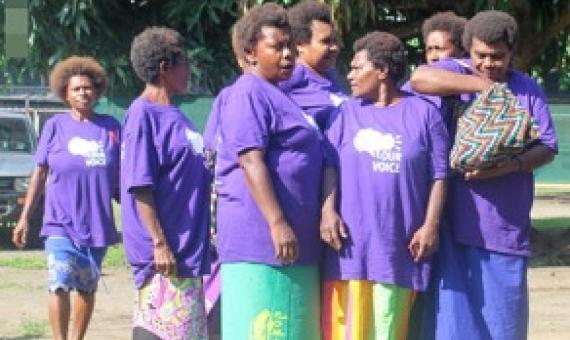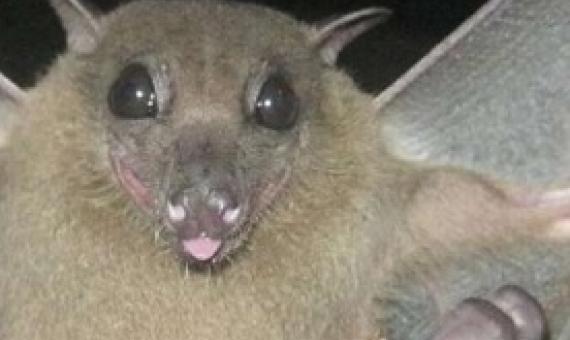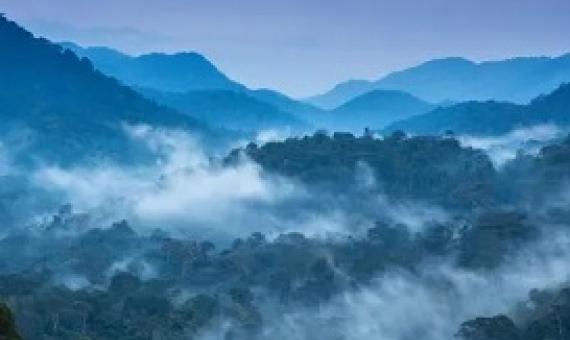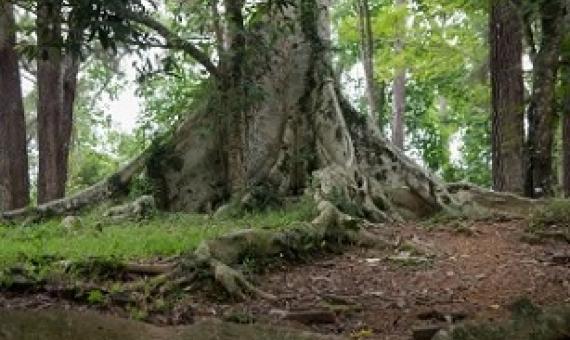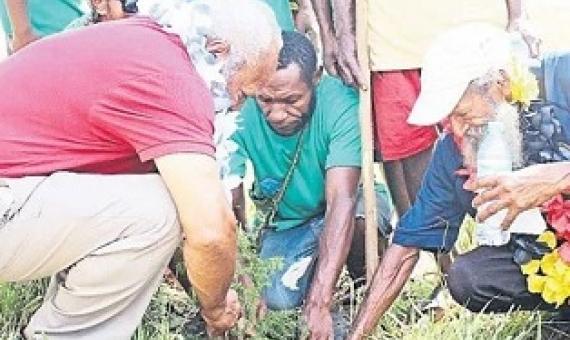The Raukūmara Forest on New Zealand’s East Cape has been hammered by introduced pests in the past half-century, and experts predict ecological collapse within a decade without an immense scale-up of pest control efforts...Two Māori tribal groups with ancestral claims to the Raukūmaras are campaig
Tropical forests can develop resistance to a warmer climate, but 71 percent will come under threat in the next decade if global average temperatures reach two degrees Celsius above pre-industrial levels, a new study warns.
More and more of the world’s forests are becoming “empty” or “silent,” as wildlife populations decline. This has many ecological consequences, but notably hinders a forests’ ability to regenerate and hence its ability to absorb and store carbon.
Tropical forests face an uncertain future under climate change, but new research published in Science suggests they can continue to store large amounts of carbon in a warmer world, if countries limit greenhouse gas emissions.
Women in the province of East New Britain in Papua New Guinea say they have faced increasing domestic violence, along with issues like teenage pregnancy and drug abuse, in their communities as logging and oil palm plantations have moved in.
Global Forest Resources Assessment 2020 Key findings
This publication contains the main findings of the Global Forest Resources Assessment 2020 (FRA 2020). The data in FRA 2020 – the “backbone” of the assessment – have been obtained through a transparent, traceable reporting process and a well-established network of officially nominated national correspondence. The application of a standardized reporting methodology enables the monitoring of change over time in parameters such as forest area, management, ownership and use and the aggregation of data at the regional and global levels.
Bats do a lot of good for the world—they pollinate plants, they eat disease-carrying insects, and they help disperse seeds that help with the regeneration of tropical forest trees. Bats and a range of other mammal groups are also natural carriers of coronaviruses.
Scientists have shown to be true what JRR Tolkien only imagined in the Lord of the Rings: giant, slow-reproducing trees play an outsized role in the growth and health of old forests. In the 1930s, the writer gave his towering trees the name Ents.
The far-flung islands of the Pacific Ocean were the last scraps of land on the planet to be settled by humans.
Human activities such as alluvial mining, hunting, burning trees and bush in the PNG National Forestry Association (PNGNFA) plantation in Wau and Bulolo, Morobe, are threatening a part of the forest known as the green break, says a forestry official.

